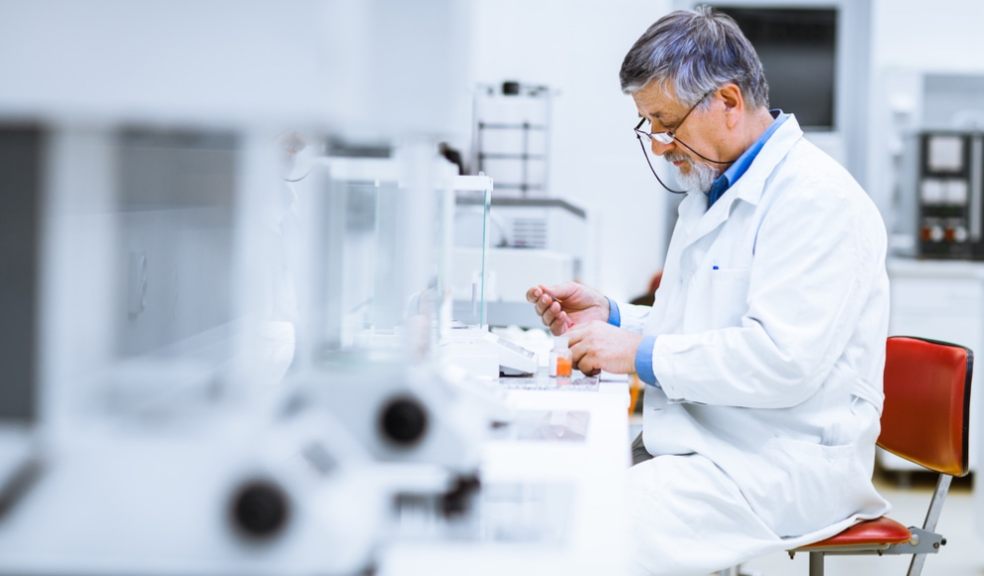
4 Biggest Challenges and Opportunities in Laboratory Work
Working in a medical laboratory is full of possibilities, but it also has its share of challenges. The most common obstacles include experiencing a spike in samples requiring examination, stress from tight deadlines, and understaffing issues.
On the other hand, laboratory work gives you an opportunity to contribute to scientific studies and work with newly-developed laboratory equipment innovated by reputable companies such as KNF. When working in a laboratory, you increase your understanding of how to correct specimens, place them on the testing equipment, and use them efficiently for accurate results.
Challenges in Laboratory Work
If you're looking forward to exploring an opportunity to do laboratory work, continue reading to understand the usual challenges and opportunities in the field.
- Staffing Problems
Many labs are short-staffed, and for a good reason. As years go by, top-performing medical laboratory scientists approach their retirement age. At this point, it becomes challenging to replace them with competent and capable workers. As a result, many laboratories work with fewer lab personnel or hire underqualified ones since they're more affordable.
An understaffed laboratory is bound to experience challenges. For instance, the workers are likely to be overworked, leading to exhaustion, which can negatively affect work output and quality. Depending on the nature of the laboratory work, a lack of personnel can also cause delays that might result in deaths, especially in an emergency.
- Internal Conflict
Laboratories are among the most stressful workplaces. Unfortunately, the stress experienced by the staff is likely to cause internal conflict among the workers, especially when they become exhausted from being understaffed.
Once a laboratory is experiencing internal staff conflict, many things are likely to go wrong. The worst can be the business's downfall since the workers might concentrate more on tearing each other down instead of providing better services.
Since working in a laboratory requires teamwork and collaboration, internal conflict can reduce workers' morale and the urge to perform better, leading to poor quality of work and services.
- Poor Relationship with Healthcare Practitioners
Medical lab practitioners often don't get along with healthcare professionals for various reasons. First, as earlier stated, a laboratory is a high-stress workplace. However, the stress level will likely increase once healthcare professionals rush lab workers to provide results. Many lab practitioners complain of receiving endless phone calls from doctors and nurses, asking about the results update.
Unfortunately, it isn't advisable to rush the results. By doing so, the results might not be accurate. Doctors and nurses put so much pressure on laboratory workers, usually forgetting that laboratory equipment can take up so much time before results are issued. This lack of understanding and communication puts more strain on the professional relationship between healthcare workers and laboratory workers.
- Lack of Management Training
Some medical laboratory professionals become managers without any training or leadership skills. While they may be excellent lab practitioners, this does not mean that they can perform management positions well. Underskilled managers can increase the stress level of working in a lab, especially if they face challenges in delegating responsibilities and solving conflicts. This is yet another challenge that many laboratories experience.
Opportunities in Laboratory Work
Despite the challenges mentioned above, laboratory work also offers the following opportunities:
- Working Behind the Healthcare Scene
Providing healthcare services doesn't necessarily mean coming into direct contact with patients. You can improve people's health without talking to or facing them. Fortunately, individuals passionate about helping patients in this way can do so by working in a laboratory. In this case, you only perform tests and make conclusions behind the scenes.
- Workplace Flexibility
Medical lab technicians can work in different facilities. Therefore, one can choose a facility that corresponds to their preferences. For example, if you're passionate about improving seniors' lives, you only need to find an opportunity in seniors' homes. On the other hand, a hospital might be your ideal workplace if you're more into providing services to people across all walks of life and ages.
- Working Between Tech, Science and Healthcare
A lab technician is privileged to work between three critical aspects of life; tech, science, and healthcare. They use high-tech tools to test specimens, understand how the human body works, and improve people's health simultaneously. Suppose you're fond of new technology and excelling in biology. In that case, working in a medical laboratory is the perfect field for you.
- Quick Entry to Workforce
As stated earlier, many laboratories are understaffed. The main reason is that not a lot of people go into this kind of work. Therefore, anyone with the right education, training, and skills can take over a medical laboratory position. Unlike other professions, you don't have to wait for an eternity to get a job as long as you have what it takes to be an excellent medical lab technician.
Conclusion
Like other professions, working in a laboratory has its fair share of challenges and opportunities. Therefore, choosing this career path requires some level of patience and perseverance. Nevertheless, working in a lab allows you to excel in science, work with high-tech equipment, and impact people's lives.











